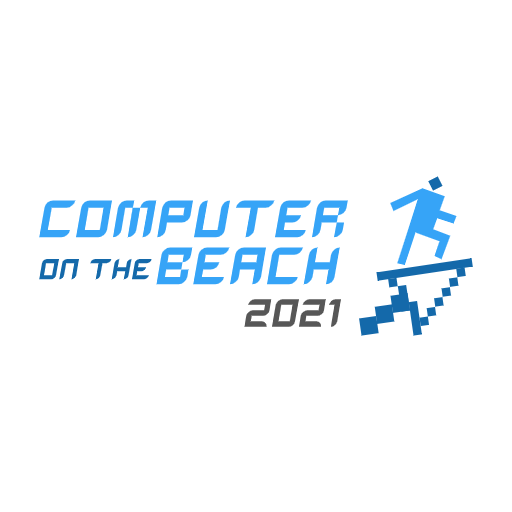

Low Earth Orbit (LEO) satellites, when exposed to the sun, use solar energy for operation, processing, and communication, and with excess energy they charge their batteries. However, when satellites are in an area with no sunlight, called eclipse areas, they operate using only their battery power. The batteries have limitations on the amount of recharges/discharges, also known as the depth of discharge (DOD) cycle. Therefore, this restricts the useful life of the batteries themselves and also of the satellites.
In this paper, we propose two different efficient routing methods for LEO satellite networks, which optimize traffic in order to reduce the DOD of satellites. We improved the Energy and Capacity Aware Routing (ECARS) metric, existing in the literature, by adding the Energy Routing prUning ( DOD and Energy Routing penAlty ( DOD methods. These proposed methods prune and penalize, respectively, the links whose satellites have reached a certain minimum battery charge threshold. With this procedure, we avoid over discharging the satellites’ battery, and thus, the lifetime is extended.
Simulations results show that ERU DOD and ERA DOD can increase the satellites’ batteries lifetime by more than 54% and 10%, respectively. Moreover, the average residual energy obtained when comparing our ERU DOD and ERA DOD proposals with the ECARS proposal, resulted in gains greater than 113% and 29%, respectively.






O Computer on the Beach é um evento técnico-científico que visa reunir profissionais, pesquisadores e acadêmicos da área de Computação, a fim de discutir as tendências de pesquisa e mercado da computação em suas mais diversas áreas.

